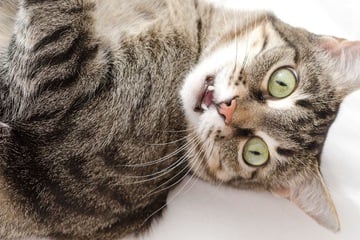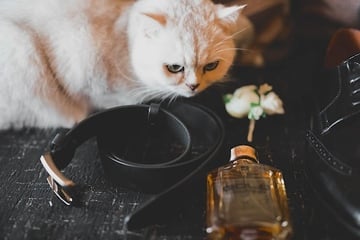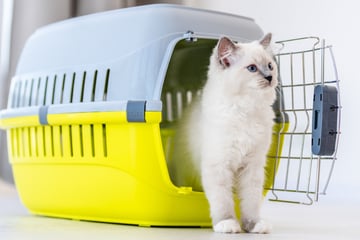Cat depression: Why is my cat sad?
It might seem a bit bizarre, but cats can get pretty unhappy from time to time. When cat depression hits, though, what are the symptoms to look out for, and what can you do about it?
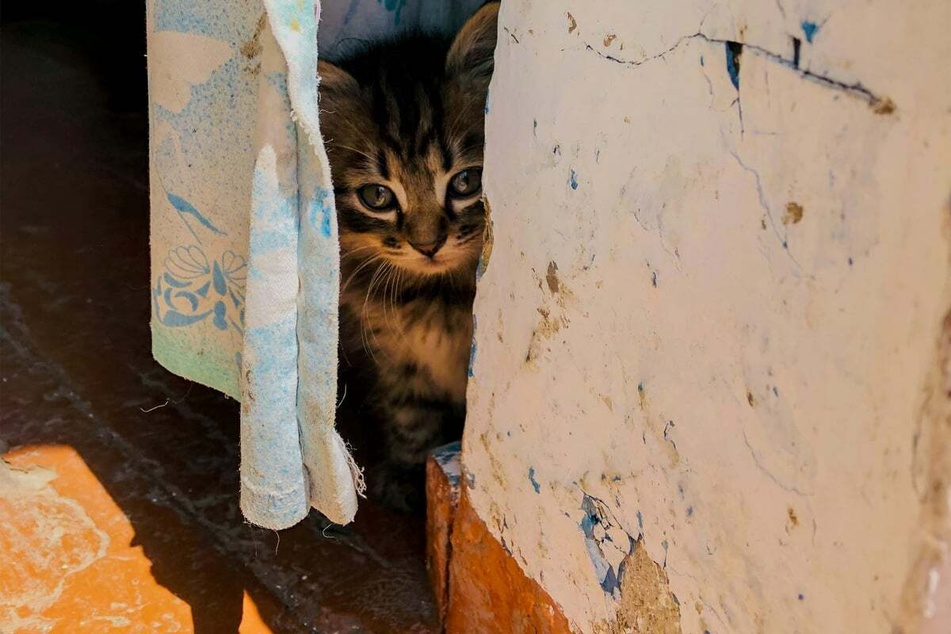
While cats can be a little unclear about how they're feeling, it's quite unusual for them to be seriously sad and demoralized – usually prowling with confidence and independence.
Yet, cat depression is a very real thing, and something that should be taken seriously wherever possible, even if it does sound a little strange.
So what exactly is cat depression, and what can you do about it? Why do cats get sad, and what are the symptoms of serious cat depression? Let's take a look to help you and your furry friend.
What is cat depression and why is my cat sad?
Cat depression is a very real and serious thing, but takes on a significantly different form to human depression. Due to the fact that cats have far less of a sense of self, and are certainly not existential beings, their four paws are more likely to pitter-patter among feelings of sadness, eternal exhaustion, and a lack of hope or excitement when it comes to everyday life.
Ultimately, cat depression is defined by actions and symptoms rather than internal feelings, as it is impossible for us to determine what emotions our felines are experiencing. These symptoms, described below, generally revolve around a lack of interest in anything and a general malaise.
While cat depression often passes, and your cat's sadness will subside, it is still worth getting the advice of a veterinarian if you suspect that something is wrong to provide you with valuable advice.
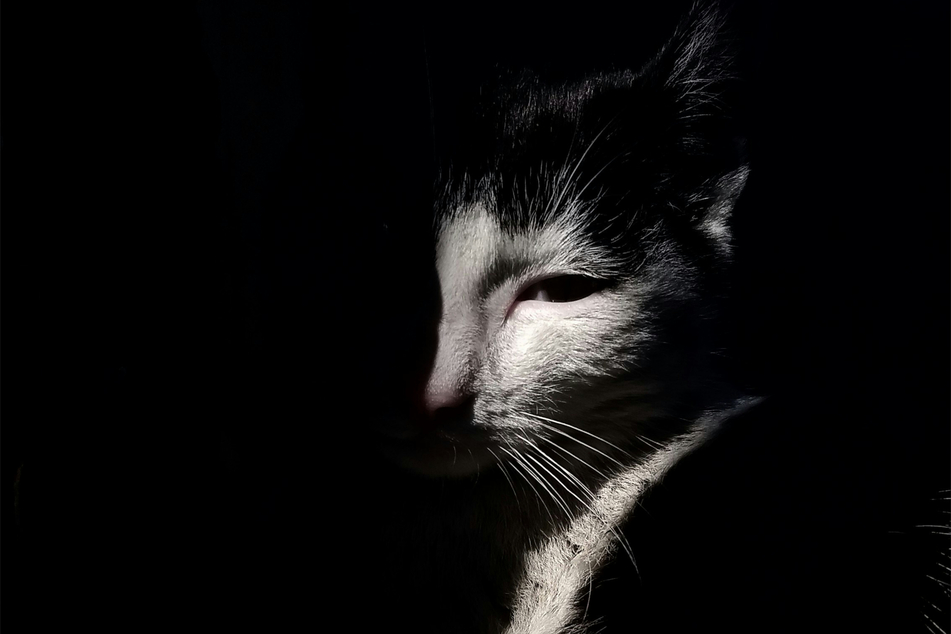
What causes cat depression?
There are many possible causes for cat depression, each of which make sense when provided and discussed in the context of your cat's life. The most important thing to note about your cat's mental health is that it is far more delicate and simpler than yours. Cats are triggered into spirals of sadness and depression by simpler things, though in many cases a cat's depression is unsurprising.
Here are some reasons why your cat might be depressed:
- Scheduling changes: If you have changed aspects of your everyday life and routines for your cat have become different on a day-to-day basis, your kitty might get a bit depressed because the world it is used to and relies on is now different. Have you changed your hours or amount of time at home? Have you moved furniture around? Have you changed its food or the location of its litter box? Things to ponder when considering your cat's state of mind.
- Moving: Cats are particularly sensitive to moving houses or apartments, as they are territorial creatures and can be extremely anxious if their territory completely changes. In addition, the literal process of moving can be very traumatic for cats. Check out our guide to moving with cats for tips.
- Death: If a family member or another cat (or pet) has died recently, cats who have particularly strong ties will have to go through a mourning period. This needs to be respected and treated with the attention it deserves.
- Health: In cases where your cat is experiencing bad health issues, especially issues that limit its mobility, it is likely to get quite depressed. The solution here is to try to fix the issue, as this will likely cure the depression.
- Being kept inside: Indoor cats are particularly likely to become depressed and unhappy. They are exploring animals and will want to have a wider territory, so being kept inside constantly can be seriously damaging to their mental health.
It is worth noting that cat depression is very similar, and shares many symptoms and causes with cat anxiety. Here's more on cat anxiety and separation anxiety for you to check out.
Cat depression signs and symptoms
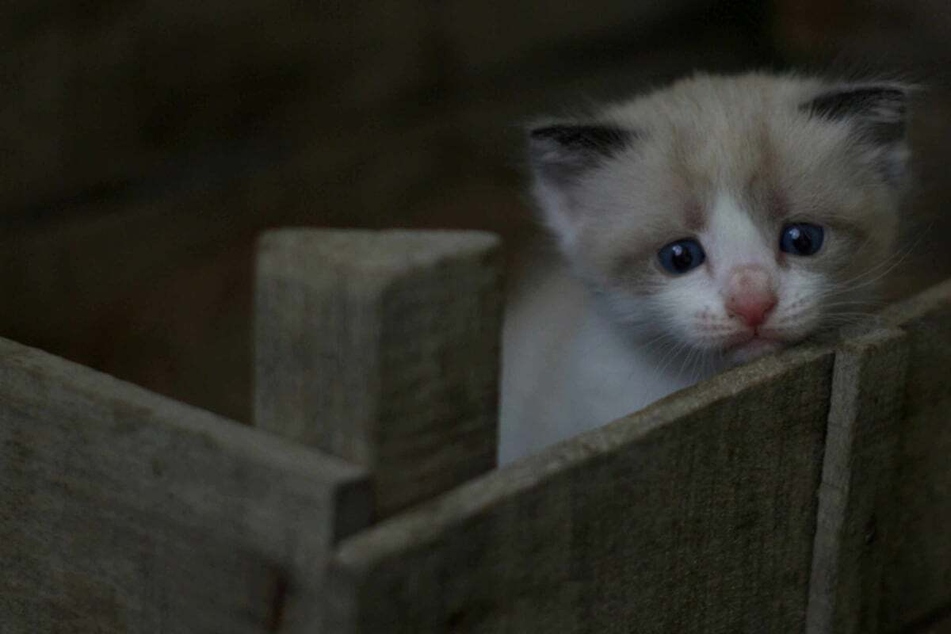
Depressed cats will exhibit a variety of different signs and symptoms, many of which will differ from what we've come to expect from human depression. Of course, many of these symptoms are shared with cat anxiety, so it is best for you to have your cat medically checked out if you have noticed that it is suffering and might need your help.
The following symptoms are typical for cats with depression:
- Inconsistent use of their litter box, despite being trained
- Overall increased frequency and quantity of urination
- Lack of interest in toys or playing
- No desire to go outside
- Marked reduction in energy and excessive sleeping
- Unhappy vocalizing
- No desire to interact with their humans or any other household pets
- Lack of grooming
If your cat seems to be generally unhappy, and has been like this for more than just a couple of days, something could be wrong. Make sure to give it time, though, as a cat will sometimes have off-days when they don't really feel like doing much, are grumpy, or something is bothering them. After all, cats can get lonely too.
Important: It is generally important to watch for signals and give your cat about two weeks to figure if that it might be "depressed," as short-term malaise is not unusual. Such a diagnosis should only be made by a veterinarian.
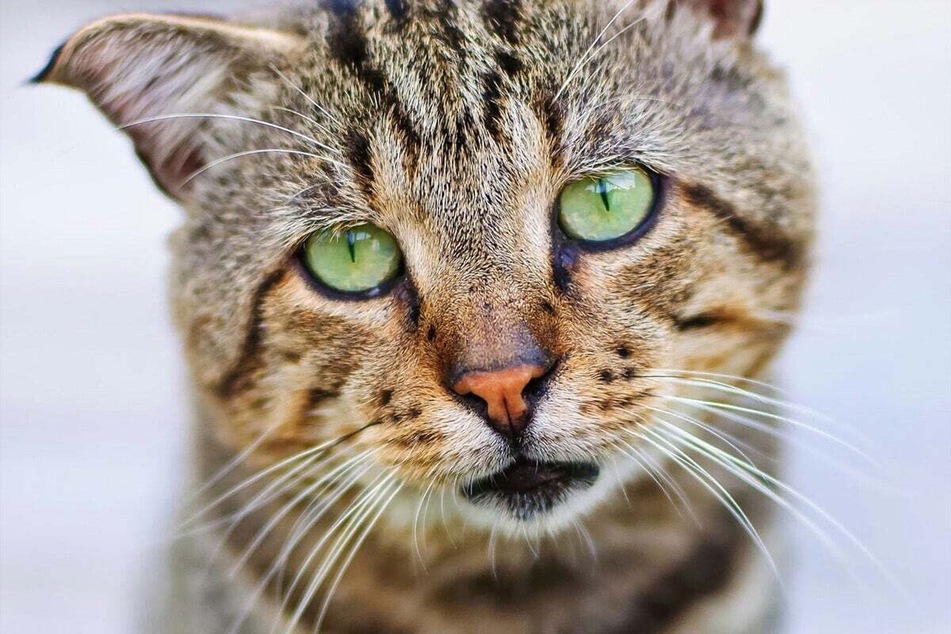
Cat depression after new kitten
While cats don't suffer from postpartum depression, the introduction of new cats can cause depression. This does not usually apply to the kittens of the cat in question, but to additional cats you may have added to the household. Due to the territorial nature of a cat's personality, cats can feel threatened and neglected due to the introduction of additional feline friends.
Can a cat die from depression?
Depression is not fatal in cats, and cats are not going to purposefully hurt themselves. What may happen, though, is that your cat may give up basic grooming and may limit what it does, both reducing the quality and the longevity of its life. If it neglects itself too much, it could develop illnesses and a variety of health issues that may reduce its life expectancy.
How to treat cat depression
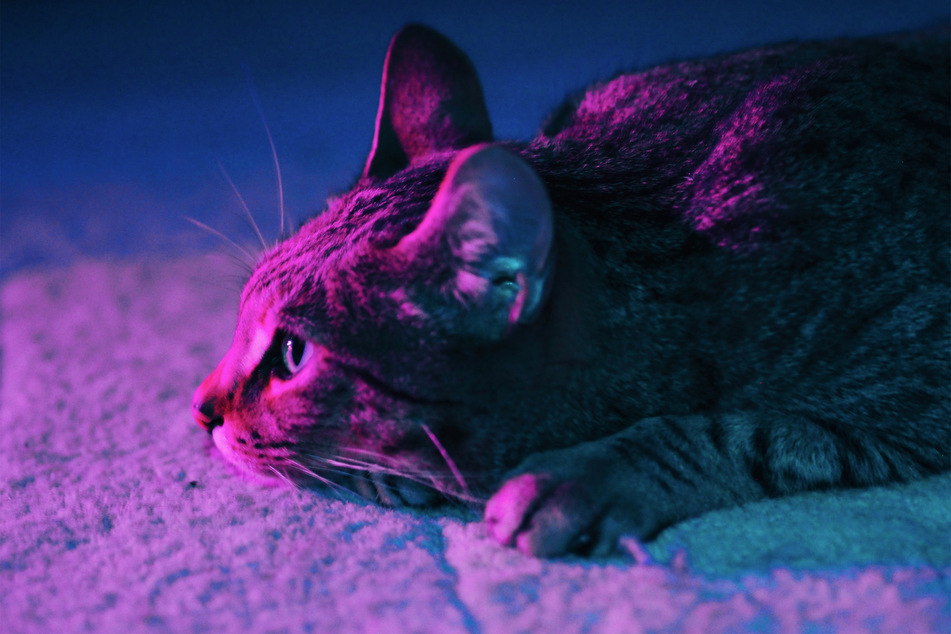
Following the medical attention and treatment from a veterinarian is the best course of action for your furry friend. They are the ones best equipped to help you.
That being said, here are a few ways to try to cheer up a temporarily sad or depressed cat:
- Spend plenty of time with your kitty, giving it the attention and love that it deserves.
- If your cat is clearly lonely and would like the company of other kitties, get it a friend.
- New games and toys can help, if that's something your cat would enjoy and actively engage with.
- Some cats will be depressed due to chemical imbalances or vitamin deficiencies. Once prescribed by your veterinarian, giving them supplements might help.
- Simply do things that your cat enjoys. If it likes time outside, give it that time, if it likes certain foods, give it those foods. Make it comfortable.
- Make sure that your cat has a safe, secure, and private place to sleep.
- Keep your schedule regular and its life and environment stable.
In the end, cats are simple creatures that want nothing more than to be happy. Give them a good life, and they will be less likely to get depressed.
How long does cat depression last?
Cat depression can last for any amount of time, purely based on the cat and the treatment it receives. A short burst of depression that is addressed quickly could be over in a month, but untreated or deep-seated depression, that is perhaps rooted in trauma, can last many months and even years in some cases.
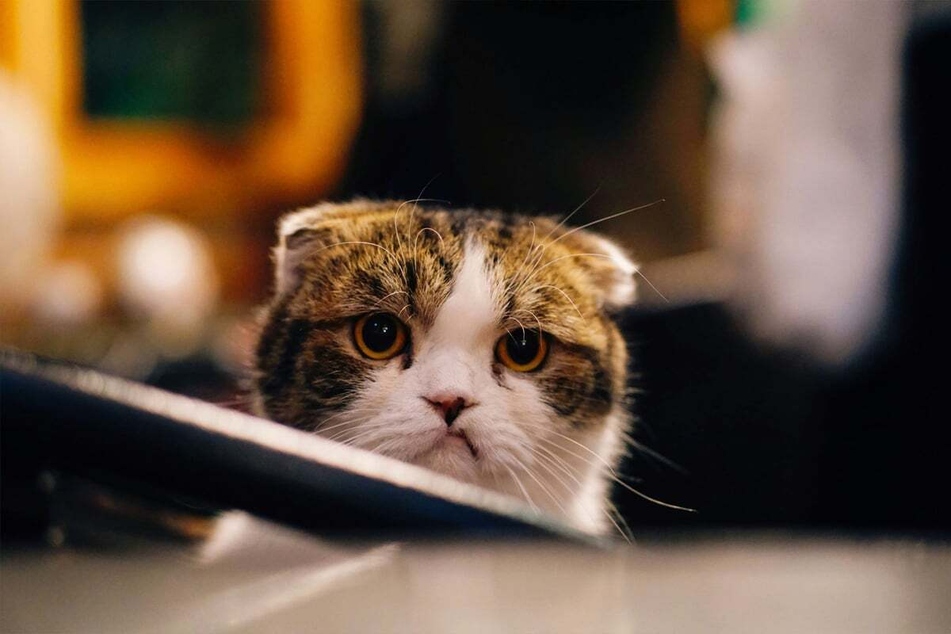
Cat depression should be treated
As with any medical issue, your cat needs to be treated professionally and looked after as best as possible. Cats are extraordinary animals, but they are prone to emotional issues like any other creature, and a depressed cat can experience a significantly reduced quality of life. Treatment is important.
Of course, cat depression is a totally different issue to human depression and doesn't deserve comparison, but it is still worth taking seriously. Always go to professionals for medical advice, and try not to self-diagnose.
Cover photo: Unsplash/Ivan Borinschi

